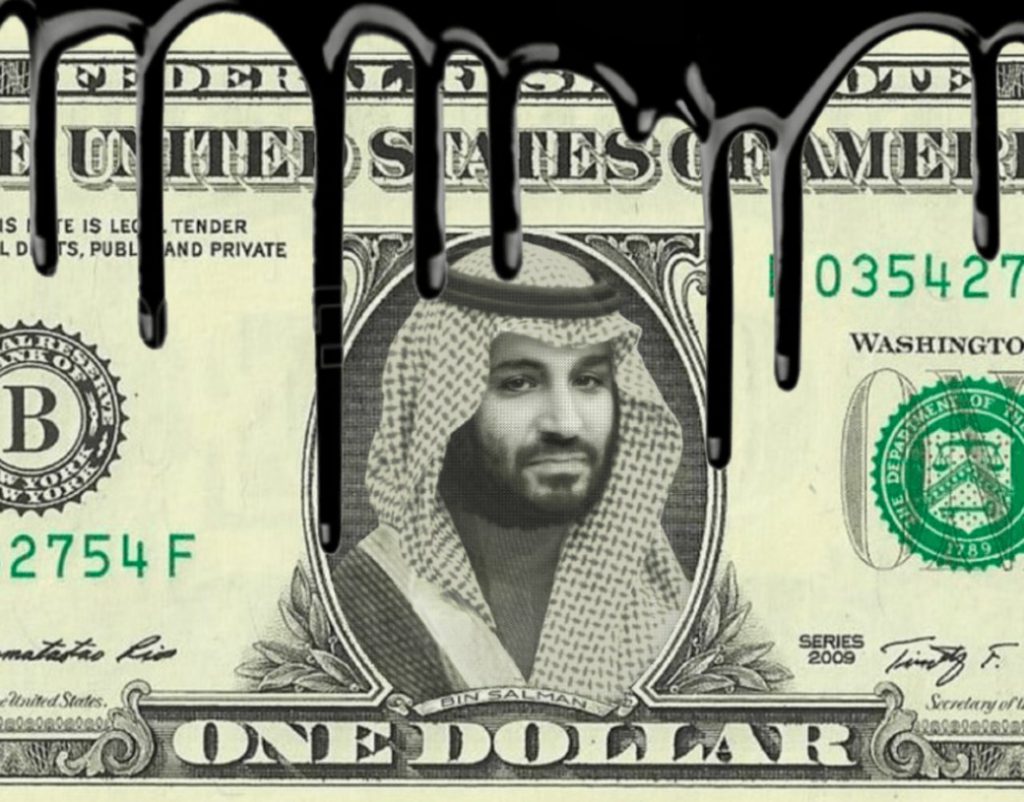Petrodollar Collapse? Oil Giants Are Abandoning the US Dollar in 2025
The greenback's grip on oil markets is slipping—fast. Major producers now bypass USD settlements, opting for alternatives like digital currencies and gold-backed deals. Here's why the shift just hit hyperdrive.
Black Gold, New Rules
Saudi Arabia's rumored CNY-denominated oil contracts sparked the fire. Now, BRICS nations openly court local-currency trade. The dollar's exodus isn't coming—it's here.
Geopolitical Tinderbox
Sanctions backlash turbocharged the trend. When the US froze Russia's reserves, buyers scrambled for non-USD options. Petro-yuan volumes doubled since 2023 (not that Wall Street analysts will mention it).
Crypto's Quiet Invasion
Bitcoin miners aren't the only energy players loving crypto. Venezuelan oil shipments now settle in USDT—because nothing says 'stable' like a Tether deal between sanctions-busting regimes.
The Bottom Line
The dollar won't vanish tomorrow. But every barrel traded in yuan or XAU chips away at its monopoly. Funny how 'sound money' becomes a harder sell when your ex-clients start ghosting you.
With the US Dollar Falling, Is the Petro Dollar At an End, Too?

China is the world’s largest oil importer. The nation has also started a crusade against the US dollar. China has encouraged oil exporters like Saudi Arabia to accept the yuan for oil trades and settlements. China also does oil deals with Russia using the yuan.
India has also joined the US dollar-ditching bandwagon. The country began paying for some oil imports from the UAE and Russia in rupees. President TRUMP recently imposed a 25% tariff on India for its Russian oil purchases. India released a statement saying that it needs to keep its national interests in check. The country will likely continue buying Russian energy for the foreseeable future.
There are also hints that Saudi Arabia is open to accepting yuan or other currencies for oil exports. If Saudi Arabia begins settling oil trades in non-US dollar currencies, we may see a big shift in global currency domination. The US dollar, and petrodollar for that matter, may see a halting end to its dominance.
Sanctioned nations, like North Korea, Iran, and Russia, have begun using alternative currencies for trade. Yuan and Bitcoin (BTC) have emerged as two contenders for sanctioned nations.
While the US dollar’s position is undoubtedly under threat, it is unlikely that other currencies will take the greenback’s position anytime soon. No other currency is as liquid as the USD, and the dollar continues to be the global foreign exchange reserve currency.

